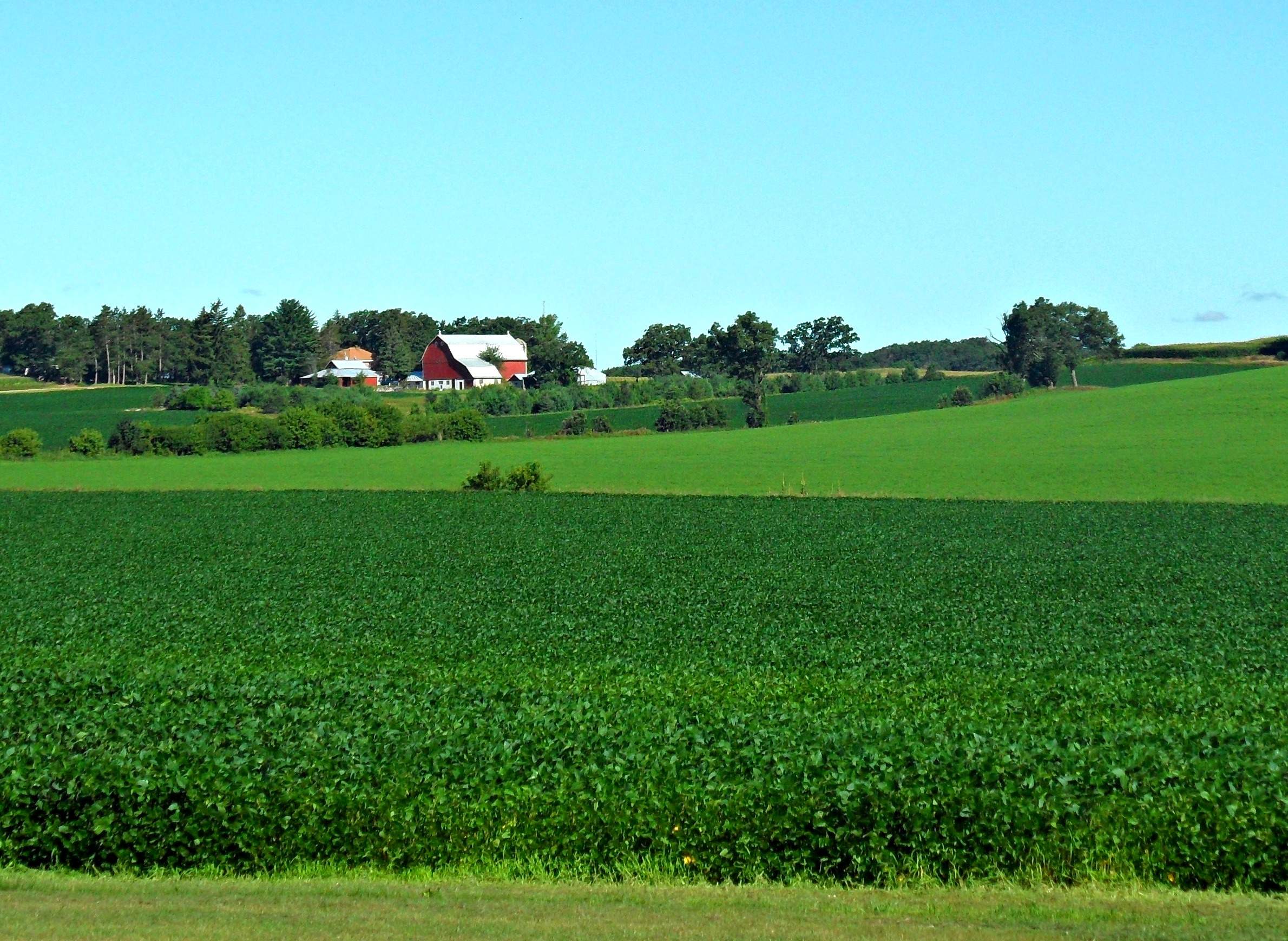
Wisconsin Farmland Values Steady As Other Midwest States See Declines

The value of Wisconsin farmland was steady in 2016, unlike the rest of the Midwest.
Almost every state in the Corn Belt saw decreases to farmland values in 2016 thanks to low commodity prices. Iowa's land values fell for the third year in a row, something that hasn't happened since the 1980s.
But Dennis Badtke, chief appraiser from Badgerland Financial, said Wisconsin land prices are surprisingly strong.
"We're looking at land values and are really surprised to see that land values have held as well as they have considering what's happened to commodity prices," Badtke said. "But people still have enough cash and people still have borrowing capacity and are optimistic about the the future."
Farm appraiser Arlin Brannstrom said the state's diverse agriculture industry makes it more resilient to the impact of low prices.
"Wisconsin is a little bit different than most of the rest of the Corn Belt in terms of the dependence on row crops only," Brannstrom said. "We grow a lot of alfalfa crops, we have a lot of farms that are using livestock and are dependent on having enough acreage to dispose of their animal nutrients."
Brannstrom said Wisconsin could see a decrease in land value in 2017 as rental rates for farmland decline and higher interest rates make loans less attractive.
"A lot of the land that we see changing hands is financed by either commercial banks or farm credit associations and as those interest rates go up, it's certainly going to put a little bit more pressure on the cash flow for new land acquisitions," Brannstrom said.
Badtke agrees interest rates and lower rent prices could drive land values down in the coming year, which could be motivating buyers to wait.
"We're seeing less acres transferring in 2016 than we have in prior years," Badtke said. "So that's maybe why the price is holding because we're seeing less on the market and so you've got people still willing to pay it."
Wisconsin Public Radio, © Copyright 2023, Board of Regents of the University of Wisconsin System and Wisconsin Educational Communications Board.


